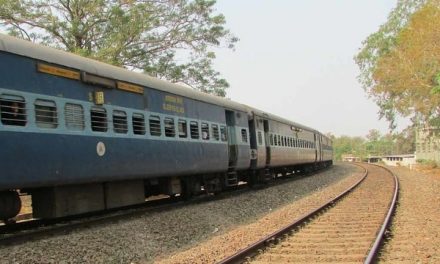Union Housing and Urban Affairs Minister Hardeep Singh Puri on November 4 launched the Nurturing Neighbourhoods Challenge, under which cities will be provided technical assistance and capacity-building to make cities children-friendly by developing green public spaces close to home, safe transport systems, and a healthy environment with air quality at safe levels and low noise pollution.
Also read: How to get Jio Postpaid Plus for free Netflix, Disney Plus Hotstar subscription and more
Puri also launched the Data Maturity Assessment Framework (DMAF) to evaluate data ecosystems of cities and an online training programme for city data officers of smart cities.
About 40% of India’s population is expected to live in urban areas by 2030, according to estimates. To cater to this growth, India will have to build 600 to 800 million sq m of urban space each year.
The Nurturing Neighbourhoods Challenge is a three-year initiative through which select cities will receive technical assistance and help in capacity-building to re-imagine parks and open spaces, improve access to early childhood facilities, adapt public spaces with early childhood-oriented amenities, and create accessible, safe, walkable streets for young children and families. The challenge will be open to all smart cities, other cities with more than 500,000 population, and capitals of states and Union territories.
“By enhancing the primary public domain of young children and their families to be safer and more stimulating for early childhood, the Nurturing Neighbourhoods Challenge can help lay the foundation for more robust social and economic development outcomes in Indian cities for decades to come,” he(puri) said at an online event.
Research shows that investment in the early years is critical to help young children thrive and achieve their full potential. The COVID-19 crisis has underscored the importance of neighbourhood-level access to natural green spaces, early childhood services, and opportunities to play for the healthy development of young children and the wellbeing of their caregivers. By improving the public realm for pregnant women, young children, and their families, cities can nurture stronger communities, economic development, and healthier environments for everyone.
DMAF will support cities in the creation of a culture of data. The government aims to enable cities to assess their own data maturity with respect to a standardized framework covering aspects of enabling policies, governance structures, data management, capacity building, and stakeholder engagement at the city level.
“Part of our Prime Minister’s Digital India campaign is to ensure that government’s services are made available to citizens more efficiently by leveraging data and digital technologies. The DataSmart Cities Initiative launched by the Smart Cities Mission is a step in that direction. By harnessing the combinatorial powers of data and technology, the initiative aims to foster evidence-based planning and institutionalize a robust mechanism for performance management,” Puri said.












